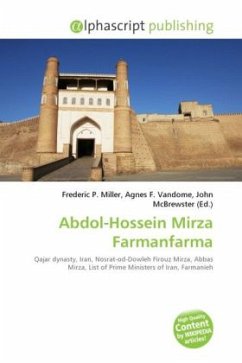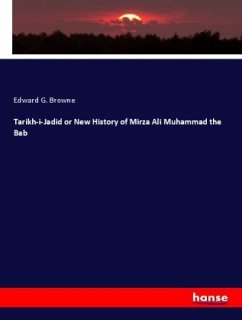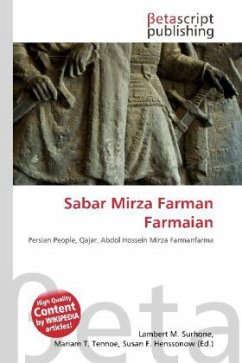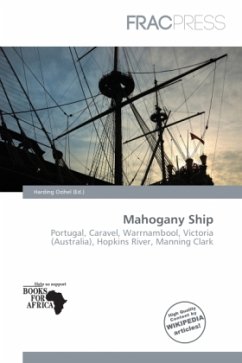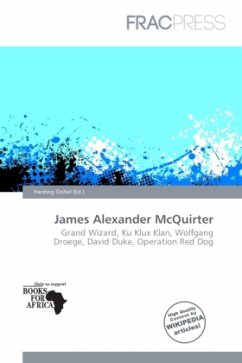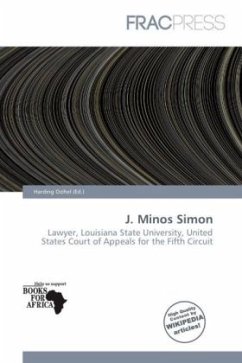
Mirza
Morza, Royal family, Russian nobility, Prince du sang, Tatars
Herausgegeben: Ozihel, Harding
Versandkostenfrei!
Versandfertig in 6-10 Tagen
26,99 €
inkl. MwSt.

PAYBACK Punkte
13 °P sammeln!
Please note that the content of this book primarily consists of articles available from Wikipedia or other free sources online. Mirza, (common variance in Tatar nobility as Morza) is of Persian origin, denoting the rank of a high nobleman or Prince. It is usually translated into English as a royal or imperial Prince of the Blood. It signified male-line descent and relationship to the Imperial Families of Turkey and Persia and was the title borne by members of the highest aristocracies in Tatar states, such as Khanate of Kazan, Khanate of Astrakhan and in the Russian Empire (Under Catherine the...
Please note that the content of this book primarily consists of articles available from Wikipedia or other free sources online. Mirza, (common variance in Tatar nobility as Morza) is of Persian origin, denoting the rank of a high nobleman or Prince. It is usually translated into English as a royal or imperial Prince of the Blood. It signified male-line descent and relationship to the Imperial Families of Turkey and Persia and was the title borne by members of the highest aristocracies in Tatar states, such as Khanate of Kazan, Khanate of Astrakhan and in the Russian Empire (Under Catherine the Great's rule the Murzas gained equal rights with the Russian nobility). In fact, Prince Felix Yusupov, the nephew-in-law of Tsar Nicholas II of Russia was descended from Abdul Mirza, the first Prince Yusopov. The word M rz is derived from the Persian term Am rz de which literally means "child of the Am r" or "child of the ruler" in Persia. Am rz d in turn consists of the Arabic title Am r (engl. Emir), meaning "commander", and the Persian suffix -z d, meaning "birth" or "lineage". Due to vowel harmony in Turkic languages, the alternative pronunciation Morza (plural morzalar; derived from the Persian word) is also used.



![The Rubaiyât of Mirza-Mem'n [pseud.] Cover The Rubaiyât of Mirza-Mem'n [pseud.]](https://bilder.buecher.de/produkte/64/64835/64835881n.jpg)
